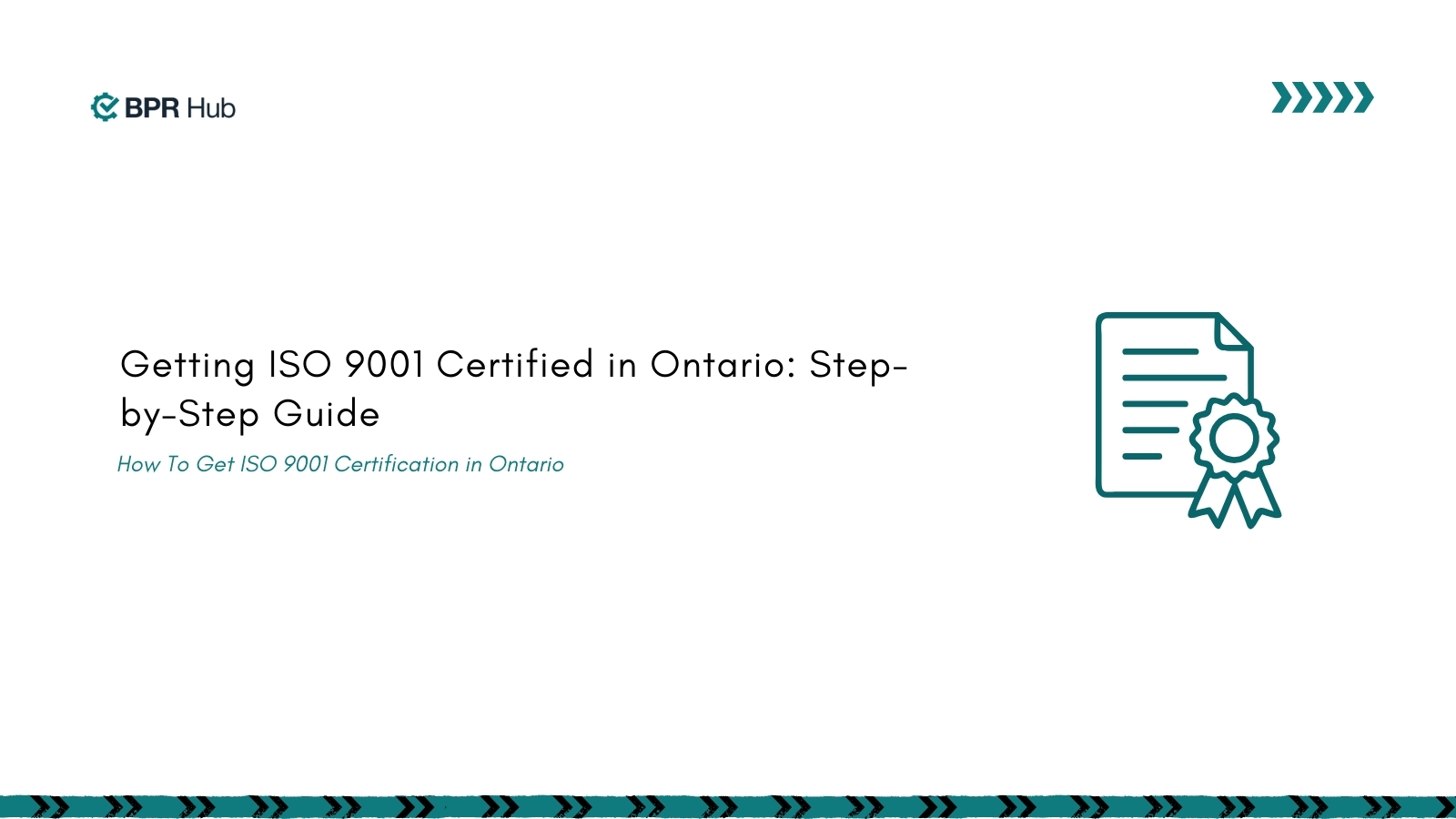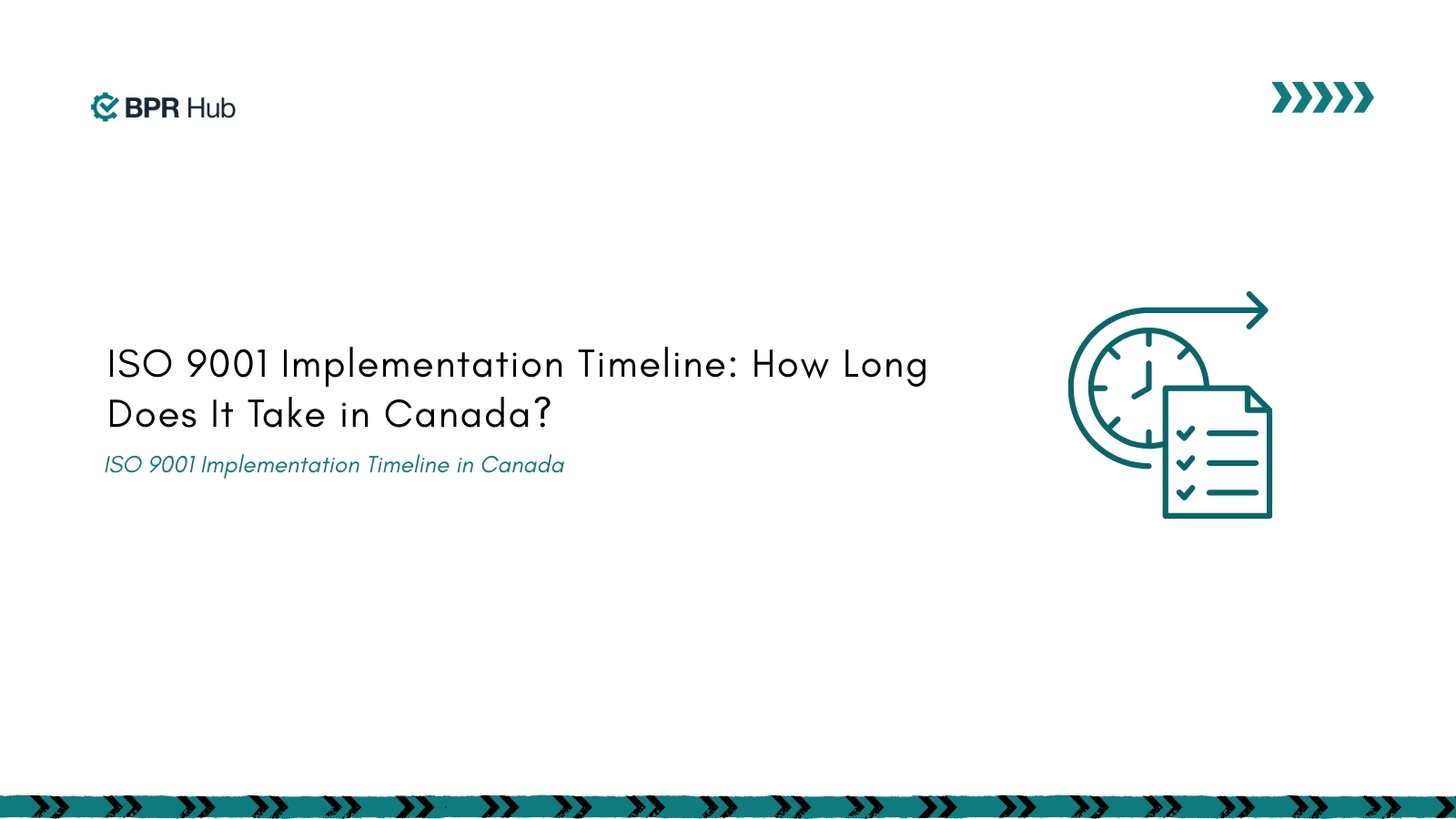Dallas food businesses face increasing pressure to demonstrate food safety excellence while navigating complex regulatory requirements. According to Johns Hopkins Bloomberg School of Public Health studies, foodborne illness costs the American food service industry $55.5 billion annually. ISO 22000 certification in Dallas transforms these challenges into competitive advantages by establishing systematic food safety management that builds customer trust while ensuring regulatory compliance.
This comprehensive guide explores everything Dallas food manufacturers need to know about ISO 22000 certification, from understanding requirements to implementation strategies that accelerate food safety certification in Dallas while strengthening market position. BPRHub's proven certification framework helps Dallas businesses achieve comprehensive compliance management while maintaining operational efficiency.
What is ISO 22000 Certification?
ISO 22000 represents the internationally recognized standard for Food Safety Management Systems (FSMS), designed specifically for organizations involved in food production, processing, and distribution. This standard combines HACCP compliance Dallas requirements with systematic management principles to create comprehensive food safety frameworks.
The standards integrate seamlessly with existing quality management systems while addressing the unique challenges of food safety throughout the entire supply chain. ISO 22000 provides a systematic approach to identifying, preventing, and managing food safety hazards from farm to fork.
Unlike other food safety frameworks, ISO 22000 emphasizes interactive communication, system management, and prerequisite programs that work together to ensure food safety. The standard applies to all organizations in the food chain, regardless of size or complexity, making it particularly valuable for Dallas food businesses seeking to demonstrate commitment to food safety excellence.
Why is ISO 22000 Certification Important in Dallas?
Dallas serves as a major food distribution hub for the southwestern United States, making food safety certification in Dallas critical for businesses seeking to maintain a competitive advantage. The city's strategic location and robust transportation infrastructure attract food companies that require reliable food safety management systems.
According to the USDA National Agricultural Statistics Service's Texas Agricultural Statistics bulletin, Texas leads the nation in agricultural production diversity, with Dallas-Fort Worth serving as the primary distribution center. This prominence creates unique opportunities for businesses that can demonstrate superior food safety capabilities through ISO 22000 certification in Dallas.
The standards provide Dallas food businesses with enhanced credibility when working with major retailers, restaurant chains, and institutional customers who increasingly require third-party food safety verification. ISO certification services in Dallas help local companies access new markets while building customer confidence in their food safety practices.
Dallas food businesses also benefit from the standard's alignment with the FDA Food Safety Modernization Act requirements, creating unified compliance approaches that reduce regulatory burden while strengthening food safety outcomes.
Schedule Your Free Consultation with BPR Hub today and simplify your ISO 22000 certification in Dallas.
📍 Book a Demo
📧 hello@bprhub.com
ISO 22000 Certification Requirements in Dallas
ISO 22000 requirements center on establishing comprehensive Food Safety Management Systems that address hazard analysis, prerequisite programs, and continuous improvement. Dallas companies must demonstrate systematic implementation across all food safety activities.
Key requirements include developing FSMS policies that integrate HACCP compliance in Dallas principles with organizational management systems. Companies must establish food safety teams, conduct thorough hazard analyses, and implement control measures that prevent food safety incidents.
Documentation requirements encompass food safety policies, procedures, work instructions, and records that demonstrate systematic implementation. The standards require regular internal audits, management reviews, and continuous improvement activities that ensure ongoing effectiveness.
Training and competence requirements ensure that personnel understand their roles in maintaining food safety while following established procedures. Companies must demonstrate that training programs address specific food safety requirements and verify personnel competency through appropriate methods.
Prerequisite programs form the foundation of ISO 22000 implementation, covering facility design, equipment maintenance, pest control, cleaning and sanitation, and supplier management. These programs create the basic conditions necessary for effective HACCP compliance in Dallas implementation.
ISO 22000 Certification Process in Dallas
The ISO 22000 certification process follows a systematic approach that begins with gap analysis to identify areas requiring development or improvement. This initial assessment helps Dallas companies understand current food safety capabilities and develop implementation roadmaps.
Documentation development represents the next critical phase, where companies create FSMS policies, procedures, and work instructions that address ISO 22000 requirements. This phase integrates HACCP compliance in Dallas principles with systematic management approaches.
Implementation involves training personnel, establishing prerequisite programs, and beginning systematic execution of food safety procedures. Companies typically require 3-6 months for effective implementation, depending on organizational size and complexity.
Internal auditing verifies that FSMS implementation meets ISO 22000 requirements while identifying areas for improvement. These audits prepare organizations for external certification audits while strengthening food safety capabilities.
The certification audit conducted by accredited third-party organizations verifies that FSMS implementation meets the standards requirements. Successful completion results in ISO 22000 certification in Dallas that remains valid for three years, subject to annual surveillance audits.
Cost of ISO 22000 Certification in Dallas
ISO 22000 certification cost in Dallas varies based on organizational size, scope of operations, and complexity of food safety risks. Small food businesses typically invest $15,000-$25,000 for complete certification, while larger operations may require $35,000-$50,000 or more.
Consultant fees represent a significant portion of certification costs, typically ranging from $8,000-$20,000 depending on implementation complexity and timeline requirements. ISO certification services Dallas providers offer various service levels to accommodate different budget requirements.
Certification body fees include initial certification audits, annual surveillance audits, and three-year recertification audits. These fees typically range from $5,000-$15,000 annually, depending on organizational size and audit duration requirements.
Internal costs include personnel time for training, documentation development, and ongoing FSMS maintenance. Companies should budget for ongoing internal audit programs, management reviews, and continuous improvement activities that maintain certification effectiveness.
Studies show that companies typically recover ISO 22000 certification cost in Dallas within 24-36 months through reduced recalls, improved efficiency, and enhanced market access opportunities.
Partner with BPRHub’s Dallas-based ISO 22000 consultants and build a food safety system that wins customer trust and market access.

Benefits of ISO 22000 Certification in Dallas
ISO 22000 benefits for food businesses extend far beyond regulatory compliance, creating competitive advantages that drive business growth. Companies report significant improvements in food safety performance, operational efficiency, and customer satisfaction.
Enhanced food safety represents the primary benefit, with certified companies experiencing a substantial reduction in food safety incidents according to Food Safety Magazine industry studies. This improvement protects brand reputation while reducing liability exposure.
Market access benefits include preferred supplier status with major retailers and food service companies that require third-party food safety verification. ISO 22000 certification in Dallas opens doors to new customers while strengthening relationships with existing partners.
Operational efficiency improvements result from systematic approaches to food safety management. Companies report reduced waste, improved traceability, and enhanced process control that contribute to bottom-line performance.
Customer confidence increases significantly when companies can demonstrate commitment to food safety through internationally recognized standards. This confidence translates into customer loyalty, premium pricing opportunities, and word-of-mouth referrals.
Insurance benefits may include reduced premiums for companies that can demonstrate systematic food safety management. Some insurers offer discounts for ISO 22000-certified companies, recognizing reduced risk exposure.
How to Get ISO 22000 Certification in Dallas
The pathway to ISO 22000 certification in Dallas begins with selecting experienced consultants who understand both the standards requirements and local business conditions. BPRHub's Dallas-based experts provide comprehensive support throughout the entire certification journey.
Initial consultation involves assessing current food safety capabilities, identifying gaps, and developing customized implementation plans that address specific business requirements. This assessment ensures efficient resource allocation while minimizing disruption to ongoing operations.
Documentation development follows proven methodologies that integrate HACCP compliance Dallas requirements with ISO 22000 management system principles. BPRHub's templates and procedures accelerate development while ensuring compliance effectiveness.
Training programs prepare personnel for effective FSMS implementation while building internal expertise that sustains long-term success. These programs address both technical food safety requirements and management system principles.
Implementation support includes ongoing guidance during system deployment, internal audit facilitation, and management review preparation. This support ensures smooth implementation while building organizational confidence in food safety capabilities.
Certification coordination involves selecting appropriate certification bodies, preparing for audit activities, and facilitating successful certification completion. BPRHub's relationships with accredited certification bodies streamline this process while ensuring optimal outcomes.
Why Choose BPRHub for ISO 22000 Certification in Dallas?
BPRHub transforms complex ISO 22000 certification in Dallas into a streamlined competitive advantage through proven methodologies and local expertise. Our Dallas-based consultants understand the unique challenges facing Texas food businesses while providing practical solutions that deliver results.
Our comprehensive approach integrates HACCP compliance Dallas requirements with systematic management principles, creating unified food safety systems that satisfy multiple stakeholder requirements. This integration reduces complexity while strengthening overall effectiveness.
BPRHub's Unified Compliance Framework manages ISO 22000 alongside other standards, including ISO 9001, ISO 14001, and ISO 45001, eliminating duplicate workflows while maintaining audit readiness across multiple standards.
Our proven track record includes successful ISO certification services and Dallas implementations across diverse food industry sectors, from small specialty producers to large-scale manufacturing operations. This experience enables efficient implementations that minimize disruption while maximizing benefits.
Competitive pricing ensures that the ISO 22000 certification cost in Dallas remains accessible to businesses of all sizes. Our transparent fee structures eliminate surprises while providing exceptional value through comprehensive service delivery.
Ongoing support includes surveillance audit preparation, continuous improvement facilitation, and regulatory update notifications that maintain certification effectiveness over time. This support ensures long-term success while building internal capabilities.
Achieve Compliance Faster with BPRHub today and guide your team through every step of certification, from HACCP integration to audit success.
📍 Book a Demo
📧 hello@bprhub.com
Key Takeaways
→ ISO 22000 certification in Dallas transforms food safety challenges into competitive advantages through systematic management approaches that build customer trust
→ HACCP compliance Dallas integration with management system principles creates comprehensive food safety frameworks that satisfy multiple stakeholder requirements
→ ISO 22000 certification cost in Dallas typically recovers within 24-36 months through improved efficiency, reduced incidents, and enhanced market access opportunities
→ Food safety certification in Dallas provides preferred supplier status with major retailers while opening doors to new market opportunities
→ BPRHub's comprehensive approach streamlines certification while building internal capabilities that sustain long-term food safety excellence
→ ISO certification services in Dallas through experienced consultants accelerate implementation while ensuring compliance, effectiveness, and operational efficiency
FAQ
What is ISO 22000?
ISO 22000 is the international standard for Food Safety Management Systems (FSMS) that combines HACCP principles with systematic management approaches to ensure food safety throughout the supply chain. The standard applies to all organizations involved in food production, processing, and distribution, providing a framework for identifying, preventing, and managing food safety hazards. It emphasizes interactive communication, system management, and prerequisite programs that work together to create comprehensive food safety frameworks.
What is FSMS?
Food Safety Management System (FSMS) is a systematic approach to controlling food safety hazards through the integration of prerequisite programs, HACCP principles, and management system requirements. FSMS provides comprehensive frameworks that address facility design, equipment maintenance, personnel training, supplier management, and hazard control throughout food operations. The system ensures that food safety considerations are embedded in all organizational activities while providing continuous improvement capabilities.
What industries need ISO 22000 in Dallas?
Dallas industries requiring ISO 22000 include food manufacturing, processing facilities, restaurants, catering services, food distribution centers, packaging companies, and agricultural operations. Additionally, food service equipment suppliers, ingredient suppliers, cleaning chemical providers, and transportation companies serving food businesses benefit from certification. The standard applies to any organization in the food chain that impacts food safety, regardless of size or complexity.
What is the difference between ISO 22000 and FSSC 22000?
ISO 22000 provides the foundational framework for Food Safety Management Systems, while FSSC 22000 represents a complete certification scheme that includes ISO 22000 plus additional technical specifications and requirements. FSSC 22000 is recognized by the Global Food Safety Initiative (GFSI) and includes sector-specific prerequisite programs that address particular food industry segments. Both standards share the same core ISO 22000 requirements, but FSSC 22000 provides more detailed implementation guidance.
How long does certification take?
ISO 22000 certification typically requires 4-8 months from project initiation to certificate issuance, depending on organizational size, complexity, and current food safety capabilities. Small businesses with existing food safety programs may complete certification in 3-4 months, while larger operations or those starting from basic levels may require 6-8 months. The timeline includes gap analysis, documentation development, implementation, internal auditing, and certification audit completion.
Get insights that help you minimize risks and maximize profits.
Dive deeper into manufacturing compliance with our free resources.
We get it, compliance can get tough.
Here are some additional resources to help.
We get it, compliance can get tough. Here are some additional resources to help.
Get updates in your inbox

.svg)
%20(1).svg)





%20(1).svg)

.avif)

